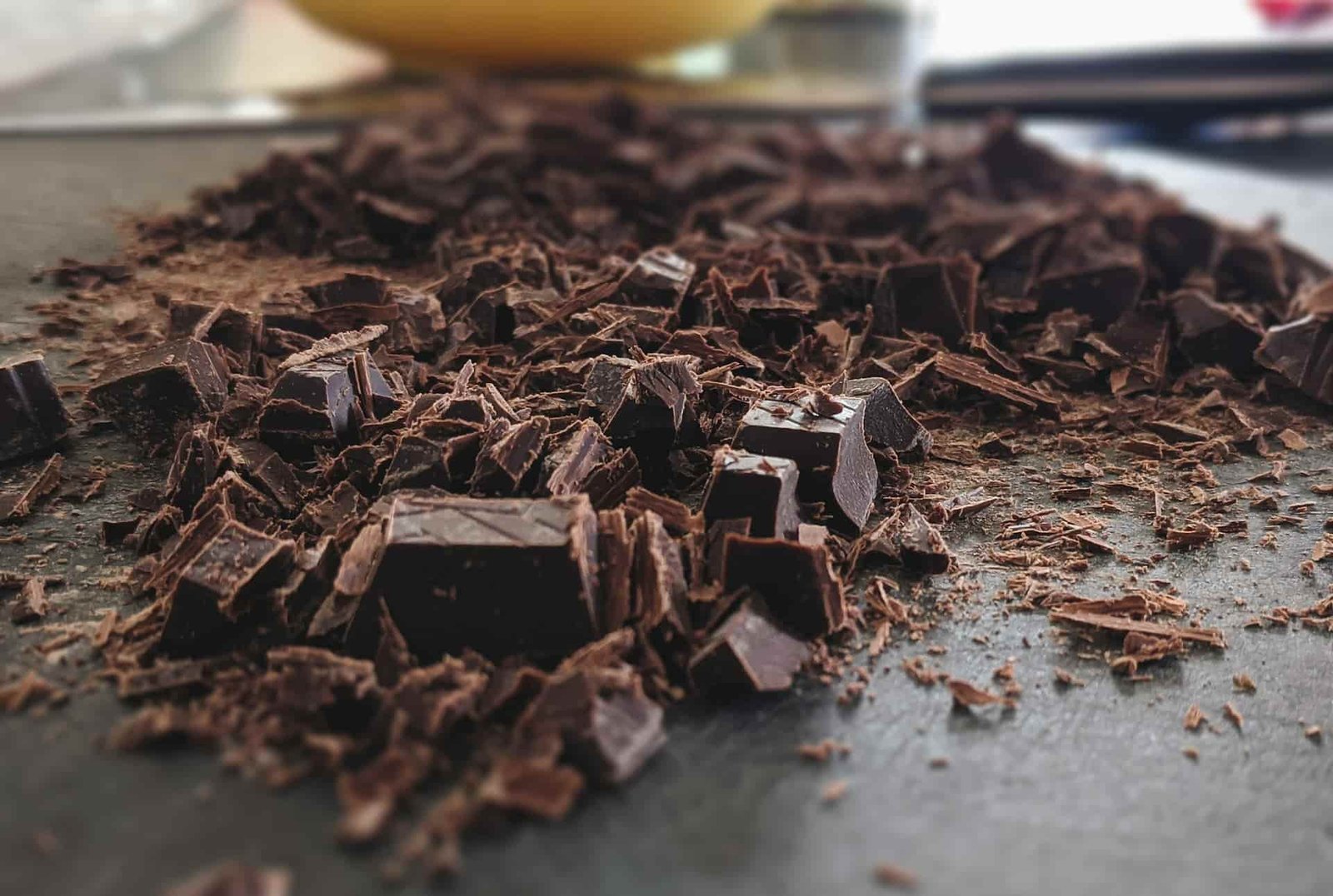What Valentine’s and White Day Gifts Actually Mean in Japan
Japan has remixed Valentine’s Day, adding its own unique celebration: White Day.
Both centre on gift giving, where each present says a lot more than what’s on the outside.
Come late January in Japan, and you’ll see Valentine’s displays popping up everywhere, transforming store floors into chocolate cities. You may notice something odd: it’s exclusively women doing the shopping. There is a good reason for this, which you can witness for yourself if you were to stay until the latter half of February. Here, the image flips, and it is the men’s turn to do the shopping.
Japan’s version of Valentine’s adds an extra dimension: women give presents on February 14th, and men reply one month later on March 14th, which is known as White Day.
For both men and women, the presents can carry deeper meaning – and woe to the person who receives a box full of marshmallows.
Japan’s take on Valentine’s Day
While (Coca Cola’s) Santa Claus never really made it to Japan (Colonel Sanders plays the Christmas role here, but that is a story for another day), the American tradition of Valentine’s Day certainly did.
It is said that Japanese confectioners led the charge, seeing the potential to reframe Valentine’s as a moment for kokuhaku (告白)—a love confession that women could deliver with chocolate.
The idea caught on and has been credited with softening how men and women interact publicly around romance.
Today, there is a whole taxonomy of Valentine’s gift giving that primarily involves chocolate:
- Honmei-choco (本命チョコ): The “true feelings” gifts, usually for a partner or the person you’re hoping will be one. It can be homemade for an extra touch of sincerity.
- Giri-choco (義理チョコ): “Obligation” chocolate for coworkers, bosses, classmates—more like a social lubricant than a sweet sonnet.
- Tomo-choco (友チョコ): Chocolate exchanged among female friends (sometimes more elaborate than the romantic kind).
- Jibun-choco (自分チョコ): Chocolate for yourself—because why wouldn’t you?
- Gyaku-choco (逆チョコ): “Reverse chocolate,” when men give on Valentine’s (a growing twist on the norm).

Japan’s unique White Day
White Day is a Japanese original created as an “answer day” for men to reciprocate. Depending on who you ask, you will likely hear one of two origin stories:
It is said that the National Confectionery Industry Association created White Day to boost sales. The other origin tale credits (or blames) Fukuoka confectioner Ishimura Manseido. He reportedly read a woman’s magazine letter lamenting the one-way custom of Valentine’s Day. He launched the first incarnation of what we now know as White Day as a response. Whether or not his name is now a common curse used by Japanese men panic-shopping on March 14th is unknown.
Both stories put the start date for White Day in the late 1970s.
Traditionally, White Day gifts must fit the sanbai gaeshi (三倍返し) class. Sanbai gaeshi means “triple return,” and men were expected to gift something that was 2–3× the value of what they received.
Gifts have included white chocolates, candies, cookies, and sometimes “white” accessories (such as jewellery, bags, or lotions).

Decoding the gifts
As previously mentioned, chocolate is the most commonly gifted item. However, there are many other options, and each has unique meanings:
- Hard candy → “I like you.” It lingers in the mouth; sweetness lasts.
- Konpeitō (sugar candy) → “I love you.”
- Caramel → “I feel safe with you.”
- Macaron/cupcake → “You’re special.” A touch more luxe.
- Baumkuchen → “May happiness continue.” (Those rings!)
- Madeleine → “I want to grow closer.”
- Cookies → “Let’s be friends.” Crisp, casual, “dry.”
- Marshmallow → Historically “pure love”… but now often read as “sorry/no thanks” because it melts away.
However, if you are on the receiving end of either hard candy or marshmallow, don’t panic-interpret. The exact meanings of the different gifts vary depending on the person, place, and generation.
Today, many people give what they like to eat or what looks nice.
The pushback: “obligation” chocolate fatigue
In recent years, younger generations have publicly called for an end to giri-choco, as it feels like “pressure presents.” The cost and social calculus (who gets what, how much) can be stressful, and some companies have banned office obligation gifts altogether.
In parallel, more men are happy to flip the script with gyaku-choco on February 14th, or to keep White Day minimal and mutual.
The emphasis is shifting toward self-care, mutuality, and sincerity over script. In essence, as is the case with most similar events around the world, the underlying message is finding a sweet way to say how you appreciate someone – whether that be to a potential romantic partner, a friend, or yourself.
Photos:
